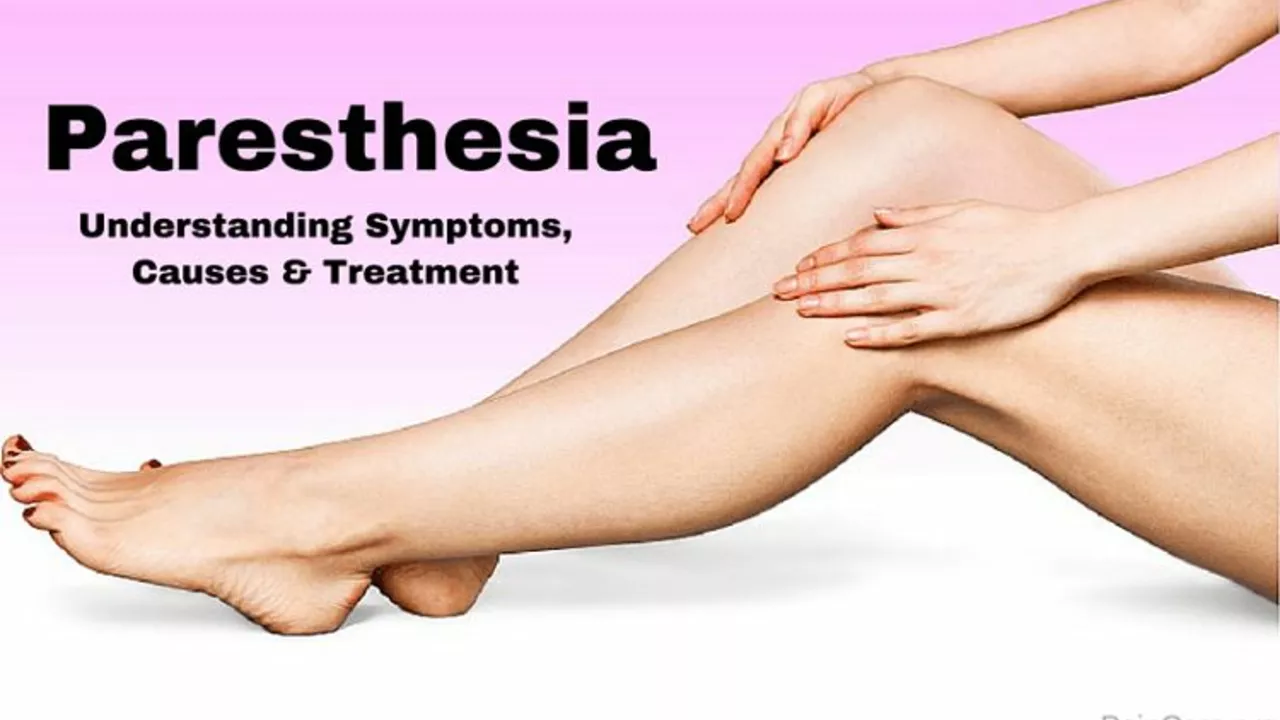Hives – Causes, Symptoms & Quick Relief
Did you know a single hive can pop up in minutes and fade just as quickly? That sudden itch is called urticaria, or hives, and it’s more common than you think. Most people see red, raised patches that come and go, but the reason behind them can be tricky.
First, recognize the signs: a pale‑red bump, often with a lighter center, that swells up when you scratch. It may spread across your arms, torso, or face. The itch usually hits hard and lasts from a few hours to several days. If you notice swelling in your lips or throat, treat it as an emergency – that could be an allergic reaction.
Common Triggers of Hives
Food is a big one. Shellfish, nuts, eggs, and even food additives can set off hives for some folks. Medications like antibiotics or NSAIDs (ibuprofen, aspirin) are another frequent culprit. Stress isn’t just in your head; it can cause real skin flare‑ups, especially during tight deadlines or after a scary movie.
Temperature changes matter too. A hot shower followed by an icy breeze may surprise your skin with a hive burst. Infections – viral colds, strep throat – sometimes trigger hives as the immune system goes into overdrive. If you can’t spot a clear cause, it’s called chronic idiopathic urticaria and may need a doctor’s help.
Fast‑Acting Ways to Soothe the Itch
Cool compresses are your first line of defense. A clean, damp cloth placed on the hive for 10–15 minutes reduces swelling and calms the nerve endings. Over‑the‑counter antihistamines like cetirizine or loratadine work well; they block the chemical that makes you itch.
If OTC meds aren’t enough, a short course of topical hydrocortisone (1%) can shrink the bump. Just apply a thin layer and wash it off after a few hours to avoid skin thinning. Keep your skin moisturized – dry skin amplifies itching, so use fragrance‑free lotions.
Avoid scratching at all costs. Scratching opens tiny cracks that let bacteria in, turning a simple hive into an infection. If you need distraction, try tapping the area lightly with a cool spoon or using a calming scent like chamomile on a cotton ball.
When to see a doctor? If hives last longer than six weeks, keep returning daily, or come with swelling of the tongue, lips, or difficulty breathing – those are signs of a serious allergic reaction. A physician may prescribe stronger antihistamines, steroid tablets, or even a short‑term biologic injection.
Remember, most hives resolve on their own, but knowing what triggers them and how to act fast makes the experience less miserable. Keep a simple diary: note foods, meds, stress levels, and weather when a hive appears. Over time you’ll spot patterns and can avoid repeat flare‑ups.
At IVFPharmacy we aim to give clear info so you can manage everyday health issues without panic. Use these tips the next time an itchy bump shows up, and you’ll stay in control of your skin’s story.
Hives in the Elderly: Common Causes and Treatment Options
Alright folks, let's dive into the buzzing world of hives in our beloved elderly. You might be surprised, but these irksome rashes are as common as bingo nights at a retirement home, popping up due to various triggers like medications, infections or even that spicy taco from the senior's lunch. But don't you worry, there's no need to wrap granny in bubble wrap yet! From antihistamines to topical creams, there's a whole arsenal of treatments available to smooth things out. So, let's keep our spirits high and our skin rash-free, because hives are just another pesky speed bump on the road of golden years!
learn more